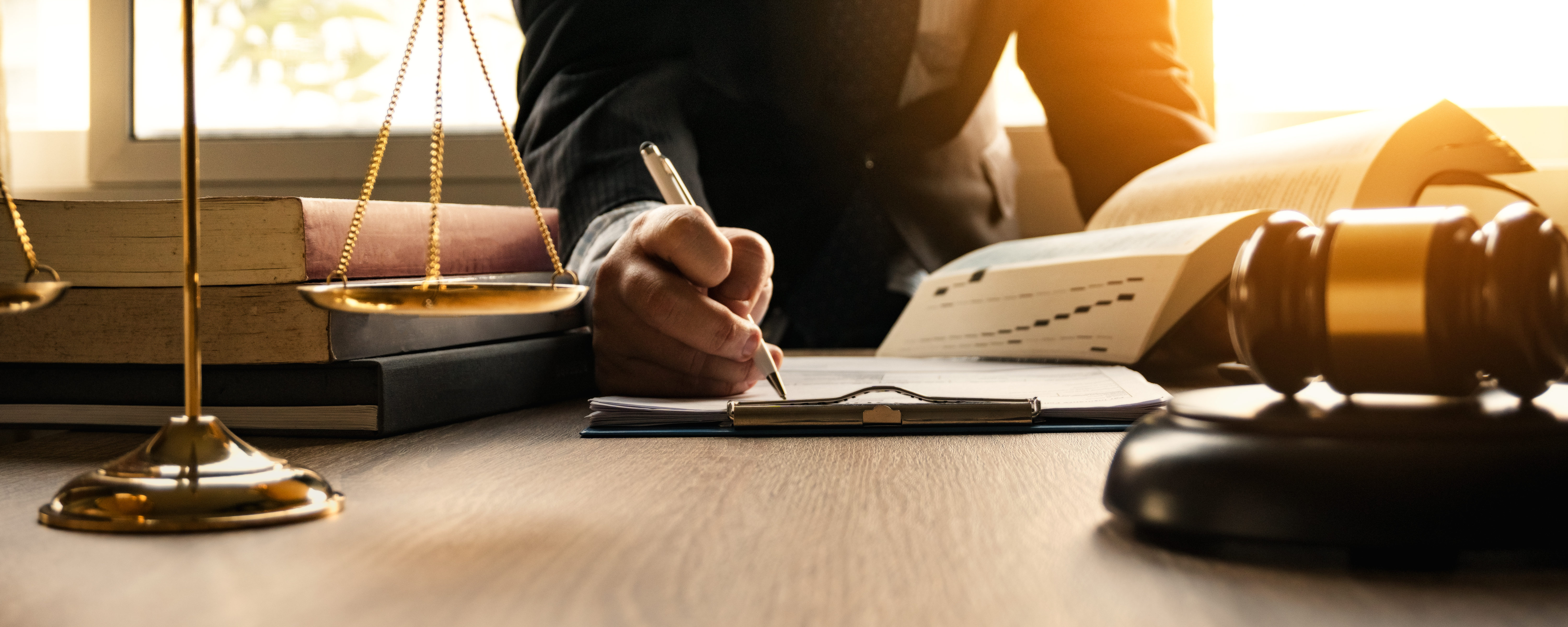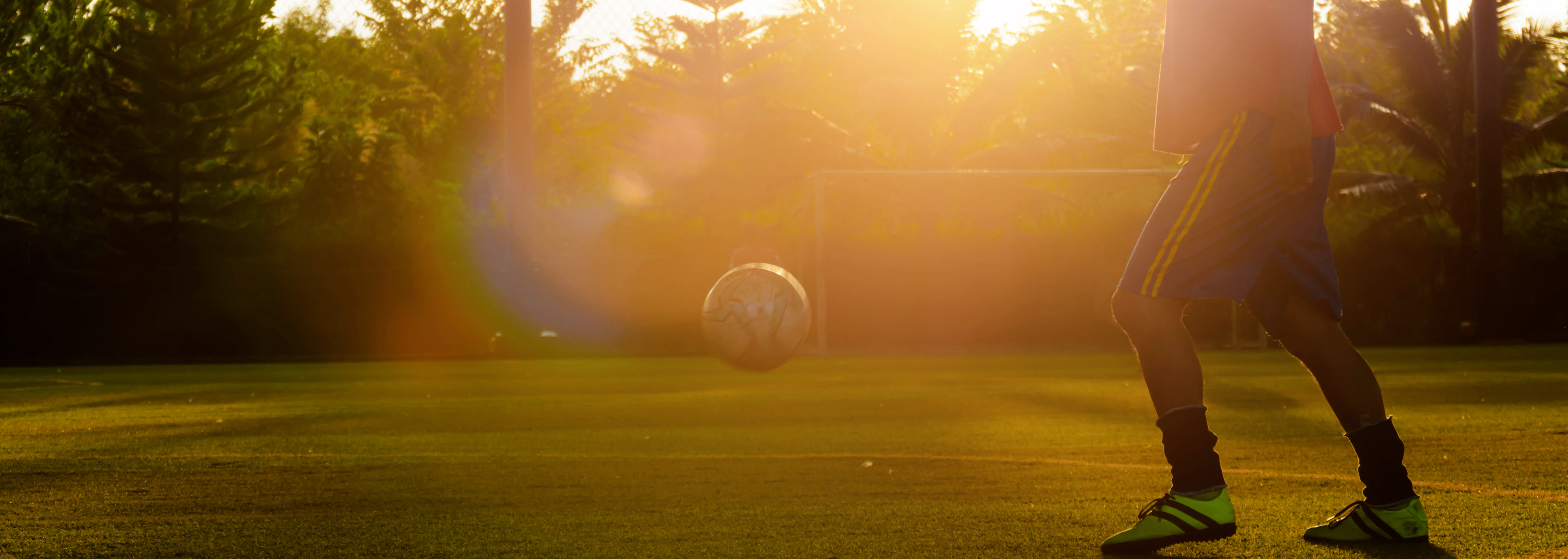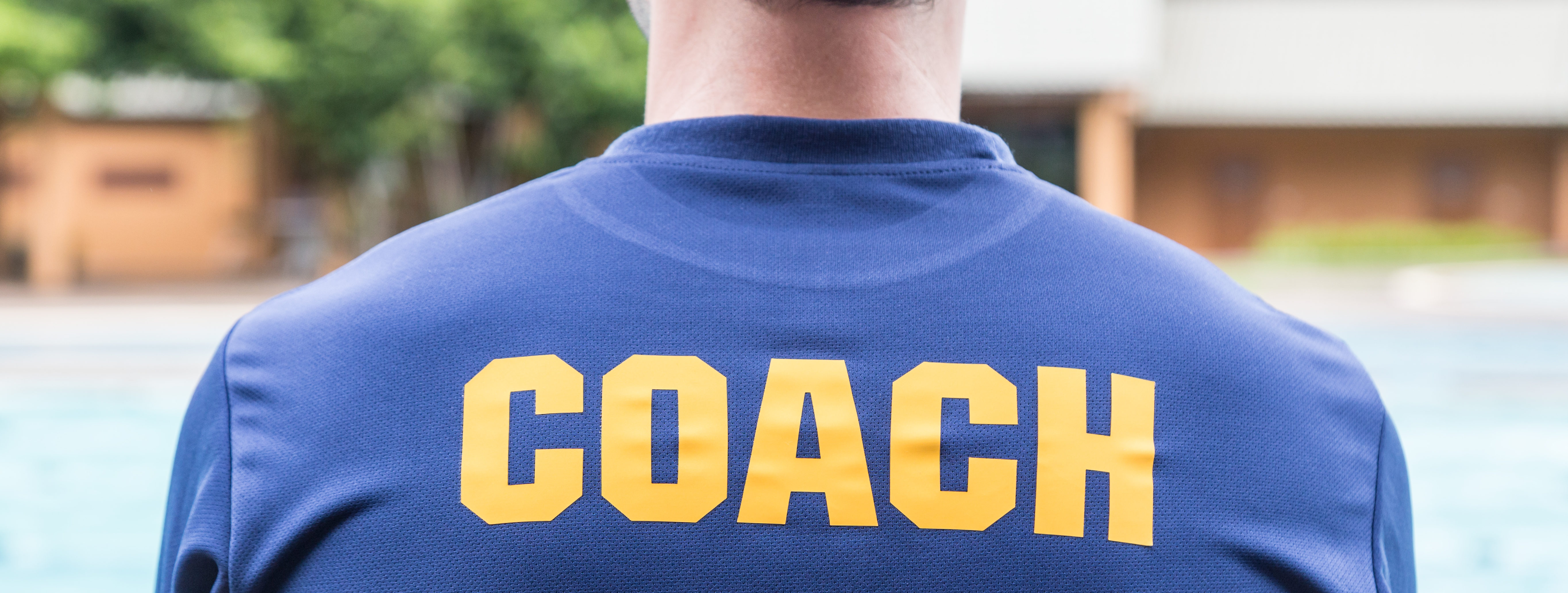
The harm suffered as a result of sexual abuse is oftentimes more difficult to measure as compared to other personal injury cases. For example, in a car accident, it’s easy to calculate the total medical bills for physical injuries sustained. Emotional damages are then added based on a percentage of the physical harm experienced. While there can be serious physical injuries associated with sexual abuse, they often pale in comparison to the lifetime of emotional and psychological damage endured by the survivors.
Unlike criminal court—which seeks to punish wrongdoers with jail time and other sanctions—civil court focuses on compensating survivors for the harm they have suffered, are currently suffering, and are likely to suffer in the future. Not every law firm has the expertise, the connections, or the resources necessary to handle cases that involve complex and nuanced non-physical injuries. In many ways, finding the right representation will be the key to your recovery. An experienced civil attorney will know exactly how to measure harm in sexual abuse cases and will fight to obtain a recovery on your behalf.
Statistics on the Cost of Harm in Sexual Abuse Cases
Child sexual abuse is not only unconscionable, but it exacts a hefty financial toll on society as well. According to a study conducted by nonprofit Darkness to Light, the average lifetime cost per victim of child abuse is $210,012, which stems from costs associated with healthcare, criminal justice, child welfare, special education, and productivity losses. Further, social impacts include delinquency and crime related to substance abuse, academic problems, teen pregnancy, and oversexualized behavioral problems. There are also health impacts related to emotional and mental health problems, substance abuse, and obesity-related disorders like diabetes and heart disease.
In a typical personal injury case, the courts generally determine compensation based on claims such as medical costs, loss of wages, loss of consortium, and emotional harm. Civil cases against sexual abuse may name many of these same damages, but the calculations are more difficult to ascertain.
What Damages Are Listed in Civil Sexual Abuse Lawsuits?
In the immediate aftermath of sexual abuse, a team specializing in sexual trauma can be helpful in analyzing the survivor for injuries. During the first 48 hours after an incident, medical professionals can document physical damages, such as bruises, cuts, scrapes, lacerations, soft tissue tears, burns, broken bones, head trauma, untreated asthma, or sexually transmitted disease. Investigators are then able to provide their medical opinion on the need for medical treatment. However, one study found that eight percent of physical harm was noted in cases of sexual abuse, neglect, and emotional maltreatment than in cases of physical abuse.
There need not be physical signs of trauma to win compensation in a civil lawsuit. Most of the damage suffered as a result of sexual abuse is typically psychological. One man who was sexually abused by a priest for two years during his childhood explained his ongoing struggles to NPR: “I felt that… I sometimes couldn’t look people in the eye because they would know. I felt that everybody knew that I was sexually abused. The sexual abuse drove me into such a dark place [with drinking and drugs] that it was hard to get a grip on responsibly, reality, work, you know, saving money.” He estimates that he has spent close to $2 million on drugs and alcohol self-medicating.
Emotional Trauma Can Be More Harmful Than Physical Injuries
Attorneys stress the enduring nature of emotional injuries in court. For some sexual abuse survivors, there may be minimal consequence to their adult lives. For others, psychological, physical, emotional, and behavioral symptoms can be severe and may persist for decades or even a lifetime.
Sometimes there may be no immediate evidence of emotional trauma from childhood sexual abuse as the effects may surface later. One common timeframe for symptom emergence occurs when a survivor of sexual abuse reaches puberty, causing body image distortions, avoidance from peers, persistent victimization, or a stymied approach to relationship formation. The inability to trust authority figures can also lead to rebelliousness in adolescents.
Other common triggers include life events such as marriage, death, divorce, or the birth of a child. Sexual abuse can impact a survivor’s relationships with their spouse or children. Emotions such as fear, shame, humiliation, self-blame, or guilt may emerge, leading to depression, anxiety, or PTSD. Intrusive and recurring thoughts, nightmares, and flashbacks are common signs of PTSD.
The ramifications of sexual abuse can be quite complex, which is why you need a strong advocate on your side during civil proceedings, not just any personal injury attorney claiming to be a Jack of all trades.
How an Experienced Sexual Abuse Attorney Can Help
Due to the complex nature of sexual abuse, you should seek to retain an attorney who has substantial experience and knows how to measure harm in sexual abuse cases. It’s important to have an attorney who can foresee what damages can reasonably be gained, given your unique circumstances. The right lawyer will be devoted to the cause of justice for sexual abuse survivors and will serve as your advocate and confidant throughout the litigation process.
The civil attorneys at Lewis & Llewellyn have spent years building relationships with experts, including psychiatrists, researchers, insurance adjusters, and world-renowned psychology experts. Our prepared team brings witnesses to the stand who can focus the court’s attention to the impacts of sexual abuse and how survivors are affected later in life.
You deserve to have a compassionate advocate who believes you and will navigate the many and nuanced damages you have suffered as a result of your abuse. We can’t promise you’ll receive a specific amount of money, but we can guarantee the best legal remedy from our team of experienced California sex abuse lawyers. Contact us today, or call +1 (415) 800-0590 to set up a free initial consultation.
DISCLAIMER: The information in this blog is provided for general informational purposes only, and may not reflect the current law in your jurisdiction. No information contained in this blog or on this website should be construed as legal advice from Lewis & Llewellyn LLP. Neither your receipt of information from this website, nor your use of this website to contact Lewis & Llewellyn LLP creates an attorney-client relationship between you and the firm or any of its lawyers. No reader of this website should act or refrain from acting on the basis of any information included in, or accessible through, this website without seeking the appropriate legal advice on the particular facts and circumstances at issue from a lawyer licensed in the recipient’s jurisdiction.











